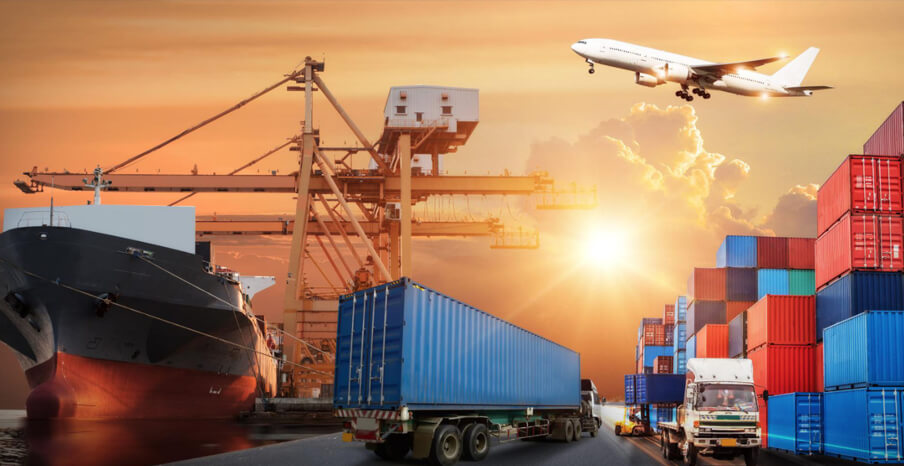Subsidies and other incentives
One of the most delicate questions in any country’s
trade and development strategies concerns the role
of the State in providing aid to local producers. This
issue goes to the heart of the question of whether
development will be state-directed or market-driven.
And while there is on the one hand a strong argument
to be made for Government to assist private industry
in overcoming structural impediments, especially in
the case of infant industries, there are also legitimate
concerns to be raised over the capacity of the
Government to pick winners and losers. A State that
does not aid industry at all may be thought derelict
in its duties, but one that intervenes too vigorously
might run the risks of jamming market signals or
degenerating into corruption.
Even countries that generally favour a laissez faire
approach to economic development may find room
for incentive programmes.
Consider the cases of
Panama and the Dominican Republic, both of which
have strategies that generally put the market before
the State in the pursuit of trade and development.
Government support programmes “are highly
important to promote competitiveness, exports and
attract investment”, according to the TPF for Panama,
and “assistance is also relevant for the establishment
of industries and manufactures outside of the
interoceanic area”. That report urged that instruments
be used “to strengthen local industrial areas and to
economically revitalize the west and east zones of the
country” in order to “generate a demand for locally
produced supplies with quality specifications and
may promote technology transfer”. In Panama, the
investment promotion agency Proinvex was created
in 2009 to manage a one-stop-shop-integrated
information system that allows investors to easily
identify all the instruments available to support foreign
direct investment.
The TPF argues that this institution
requires more human and financial resources, and that
trade and investment promotion would benefit from a
clear plan that defines operational priorities in line with
the long-term development goals of the country. The
report further argued that the Authority for Consumer
Protection and Competition should receive increased
attention and a more prominent role.
Two notes of caution nonetheless arise whenever
considering programmes that extend incentives to
producers. One concerns the budgetary impact
that incentives might have. Budgets are tight in
all countries, especially poorer countries, and any
programmes that involve either the appropriation
of funds or the forgiveness of taxes (internal or
external) need to be approached with caution. Export
subsidies in particular raise concerns over equity and
effectiveness. While it might at first appear justified
for the Government in a developing country to
offer such subsidies as a means of overcoming the
structural disadvantages under which their producers
must operate, these payments might alternatively
be considered a mechanism by which funds are
transferred from the taxpayers in developing countries
to the consumers in other (usually richer) countries.
That is a transaction that may be difficult to justify from
the standpoint of distributive justice.
Promote the rule of law at the national and international
levels and ensure equal access to justice for all.
Substantially reduce corruption and bribery in all their
forms.
Develop effective, accountable and transparent
institutions at all levels.
Ensure responsive, inclusive, participatory and
representative decision-making at all levels.
Four of the 12 targets under Sustainable Development
Goal 16:
Promote just, peaceful and inclusive
societies
PEACE, JUSTICE
AND STRONG
INSTITUTIONS
Concerns also arise over the potential abuse of such
programmes, especially those that involve a high
degree of governmental discretion in their allocation.
The institutions that administer these funds need
to operate objectively, and not play favourites, but
this can be problematic if the country in question
encounters problems in the rule of law. Here it may
be appropriate to repeat the observation that “the
State that governs least governs best,” insofar as
corruption begins with opportunity. Those countries
in which the State intervenes heavily in the economy,
whether through taxes and tariffs or through subsidies
and other incentives, are also the ones in which
unscrupulous persons may perceive the greatest
advantages in exercising undue influence on public
officials. The aim might variously be to avoid tariffs or
taxes, or evade some regulation, or win a procurement
contract, or obtain access to a subsidy, with favours
in these areas being rewarded through some form of
bribery to the administering officials. Corruption and
arbitrary government are self-inflicted wounds that
III. INSTRUMENTS OF TRADE POLICY 29
prevent countries from achieving their full potential. On
average, incomes in those countries that are perceived
to be the least corrupt are 16 times higher than they
are in the most corrupt countries.10
These observations point to the need to put adequate
safeguards in place so as to ensure that state
intervention in the economy is not too expensive,
stifling or subject to abuse. As discussed in the TPF
for Jamaica, it is important not to offer too wide
and overlapping an array of incentives. In addition
to free zones, Jamaica provides incentives that
variously offer waivers or moratoriums on taxes and
tariffs, accelerated depreciation and other forms
of preferential tax treatment. The country also has
special incentives in place for the tourism, information
and communications technology, and film sectors.
The TPF proposed that these programmes be
rationalized. And while the TPF for Panama observed
that logistic and financial support might be provided
in order to facilitate exporters’ participation in trade
fairs and similar initiatives, it argued that this should
be done only to the extent that it does not introduce
market distortions. The TPF for Algeria stressed the
importance of fighting corruption and argued that
better use of computer controls could help to identify
any customs agents that might be abusing their
authority.

